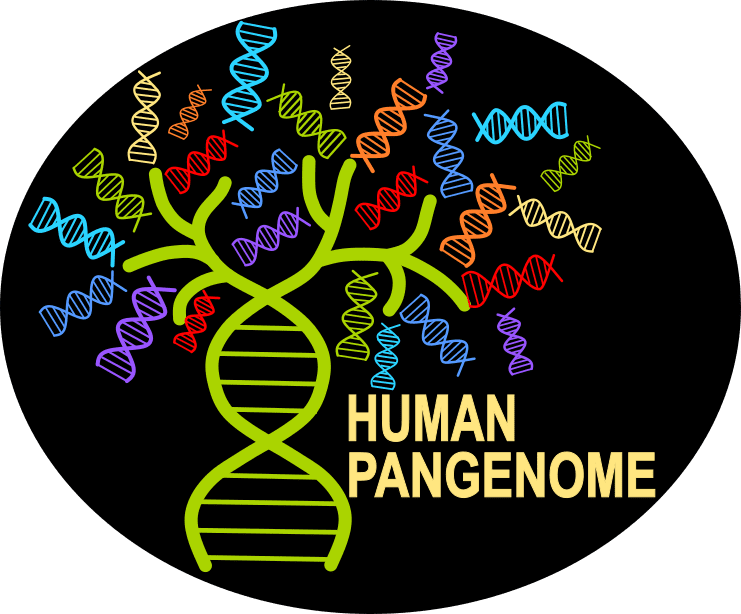Home / Stories /
May 12, 2023 – UW Medicine genome experts made significant scientific contributions to a National Institutes of Health Human Genome Research Institute reference collection that better represents the genetic diversity of the world’s populations.
 Called the Human Pangenome Reference Consortium, the multi-institutional effort expands and updates earlier work that started as the Human Genome Project. That original project, with drafts reported in 2001 and 2003, was based on a more limited sampling of human DNA. The goal then was to create an entire sequence of a human genome to use as a reference. It reflected data mostly from one person, with slight amounts of genetic information from about 20 others. That project was officially completed in 2022 with the release of the first telomere-to-telomere human genome.
Called the Human Pangenome Reference Consortium, the multi-institutional effort expands and updates earlier work that started as the Human Genome Project. That original project, with drafts reported in 2001 and 2003, was based on a more limited sampling of human DNA. The goal then was to create an entire sequence of a human genome to use as a reference. It reflected data mostly from one person, with slight amounts of genetic information from about 20 others. That project was officially completed in 2022 with the release of the first telomere-to-telomere human genome.
The human pangenome reference, in contrast, contains nearly full genomic data from 47 people whose ancestry traces to different populations around the globe. This represents 94 human genomes because each person carries two copies, one from each parent.
“The pangenome approach represents a new way of thinking about human genetic variation,” said Evan Eichler, professor of genome sciences at the University of Washington School of Medicine in Seattle and a senior scientist in the Human Pangenome Reference Consortium. “It has the potential not only to improve discovery of genetic diseases but also transform our understanding of the genetic diversity of our species.”
The present pangenome draft reference will continue to be expanded to include DNA sequencing and analysis from people from a variety of other ancestral and geographic roots. Eventually a cohort of more than 350 participants will enable researchers to capture the most common genetic variants, including ones that have been missed previously because they map to complex regions.
The latest research from the Human Pangenome Reference Consortium is reported today in a series of papers in Nature and other scientific journals.
By reflecting variation across human populations, the pangenome reference collection is expected to improve equity in human genome research. Individuals and families from a wider range of backgrounds might benefit from new clinical advances based on knowledge of how genetic variation influences human health.
Researchers are already making discoveries that could not have been possible through previous human genome reference sequences.


